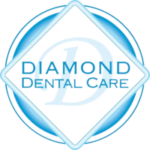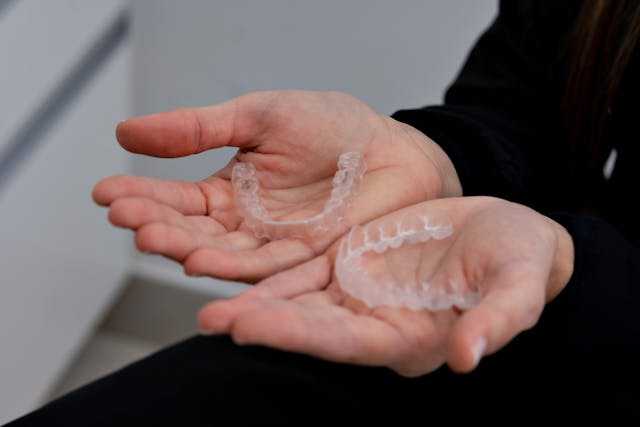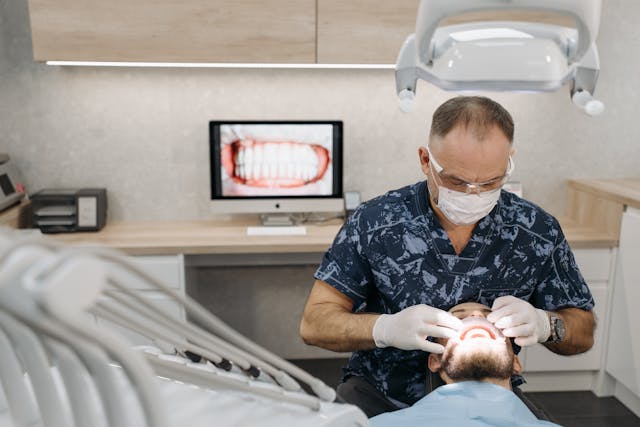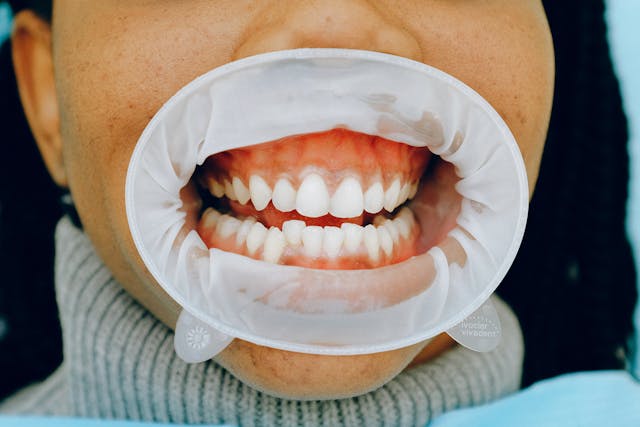Introduction
Dental emergency can be incredibly distressing and often occur at the most inconvenient times. Whether it’s a sudden toothache, a broken tooth, or an injury to the mouth, knowing what constitutes a dental emergency and how to handle it can make a significant difference in outcomes. Immediate care is crucial to prevent further damage, alleviate pain, and preserve oral health.
At Diamond Dental Care, there are several ways we can address most aesthetic issues, so we will conduct an examination, take x-rays, discuss the timeframe we are working with, and then present you and your parents with a variety of options to choose from. Since some have set time constraints, it is best to schedule your appointment with our office as soon as possible.
Since some have set time constraints, it is best to schedule your appointment with our office as soon as possible. You can do so by calling (909) 860-7579. You can also follow us on Facebook or provide your valuable feedback at Yelp. Thanks.
Understanding Dental Emergencies
So, what exactly is a dental emergency? In simple terms, a dental emergency involves any oral health issue that requires immediate attention to save a tooth, stop ongoing tissue bleeding, or alleviate severe pain. Such emergencies can arise from various situations, including accidents, sports injuries, or underlying dental issues.
Identifying a Dental Emergency
Recognizing a dental emergency isn’t always straightforward. Here are some signs and symptoms that indicate you need to seek immediate care:
- Severe toothache
- Swelling in the mouth or face
- A knocked-out tooth
- Broken or chipped teeth
- Uncontrolled bleeding from the mouth
- Painful abscess or infection If you’re experiencing any of these symptoms, it’s crucial to contact your dentist or an emergency dental care provider immediately.
Common Dental Emergencies
Toothache
A toothache can be caused by various factors, including cavities, infections, or gum disease. If you experience sudden, severe tooth pain, rinse your mouth with warm water, floss gently to remove any trapped food, and apply a cold compress to the outside of your cheek. Avoid placing aspirin or any other painkiller directly on the gum, as this can burn the tissue.
Chipped or Broken Teeth
Chipping or breaking a tooth can be alarming. Save any pieces of the tooth, rinse your mouth with warm water, and apply gauze if there’s bleeding. Use a cold compress to reduce swelling and see your dentist as soon as possible to avoid further damage.
Knocked-Out Tooth
If a tooth gets knocked out, time is of the essence. Rinse the tooth gently with water without scrubbing it, and try to place it back in its socket if possible. If not, store it in milk or a saline solution and get to your dentist immediately. Quick action can often save the tooth.
Lost Filling or Crown
Losing a filling or crown can be painful and leave your tooth vulnerable. Temporarily, you can use dental cement available at pharmacies or even sugar-free gum to cover the exposed area. See your dentist to get a proper repair as soon as possible.
Abscess
An abscess is a serious infection that occurs at the root of a tooth or in the space between the teeth and gums. It’s characterized by severe pain, swelling, and sometimes fever. Rinse your mouth with salt water and see a dentist immediately. Untreated abscesses can spread the infection and lead to more severe health issues.
Broken Braces and Wires
If a wire in your braces breaks or sticks out, it can cause discomfort and injury to your mouth. Use the eraser end of a pencil to push the wire into a more comfortable position, or cover it with orthodontic wax. Avoid cutting the wire, as you might swallow it accidentally.
Soft Tissue Injuries
Injuries to the tongue, cheeks, gums, or lips can result in significant bleeding. Rinse your mouth with warm water, apply a gauze pad or a tea bag to the bleeding site, and hold it in place until the bleeding stops. If it doesn’t stop, seek emergency dental care.
Preventing Dental Emergencies
Preventing dental emergencies starts with maintaining good oral hygiene practices. Brush twice a day, floss daily, and use mouthwash to keep your teeth and gums healthy. Additionally, wearing protective gear like mouthguards during sports and avoiding hard foods that can crack your teeth are essential preventive measures. Regular dental check-ups are also crucial in identifying and addressing potential issues before they become emergencies.
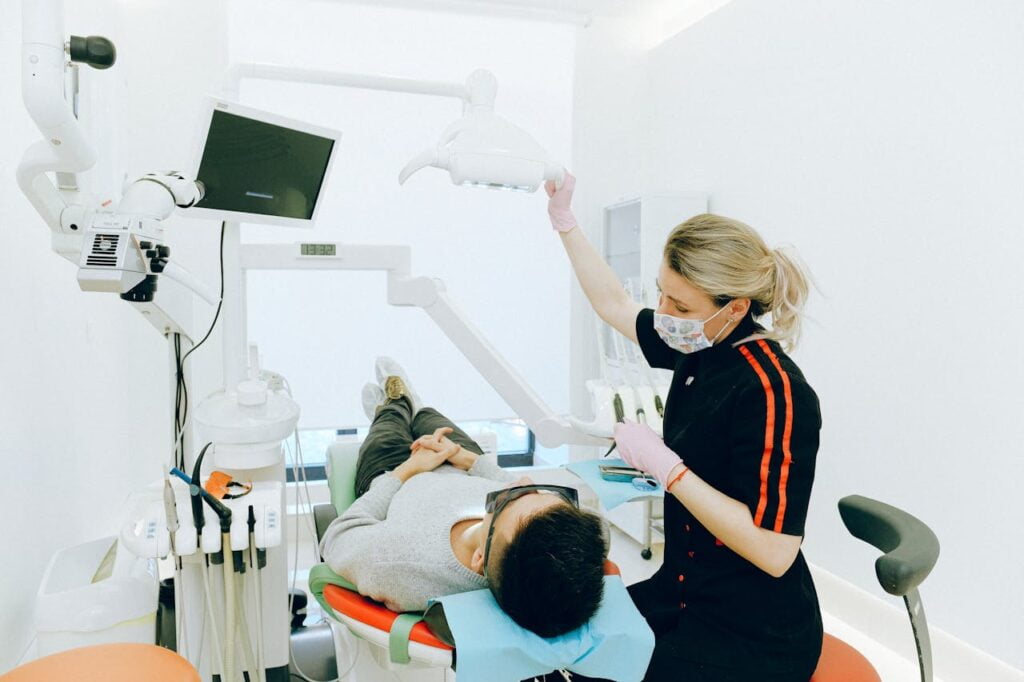
What to Expect at the Dentist
When you visit a dentist for an emergency, the goal is to address the issue as quickly and effectively as possible. The dentist will assess the problem, provide pain relief, and perform any necessary procedures to stabilize your condition. This could include anything from filling a cavity to performing a root canal or even extracting a tooth if needed.
Emergency Dental Care at Diamond Dental Care, Diamond Bar, California
At Diamond Dental Care in Diamond Bar, California, you can expect top-notch emergency dental services. Our expert staff, are skilled and well-equipped to handle any dental emergency. With state-of-the-art technology and a compassionate approach, we ensure that you receive the best care possible in your time of need.
Conclusion
Dental emergencies can be scary, but knowing how to identify and handle them can make a huge difference. Always remember that timely care is crucial. Keep your dentist’s contact information handy and don’t hesitate to seek immediate help if you experience a dental emergency. Taking preventative measures and maintaining good oral hygiene can also go a long way in preventing these emergencies from occurring in the first place.
FAQs
What should I do if I have a dental emergency after hours?
If you have a dental emergency after hours, contact your dentist’s emergency line or visit an emergency dental clinic. Many dental offices have protocols for handling emergencies outside regular business hours.
Can I go to the ER for a dental emergency?
While the ER can provide temporary relief for dental pain or injuries, they may not have a dentist on staff. It’s best to visit an emergency dental clinic or contact your dentist for proper care.
How can I manage pain until I see a dentist?
Over-the-counter pain relievers, cold compresses, and saltwater rinses can help manage pain temporarily. Avoiding hot, cold, or sugary foods and drinks can also reduce discomfort.
What if I have a dental emergency while traveling?
If you experience a dental emergency while traveling, seek out a local dentist or emergency dental clinic. It’s also helpful to carry your dentist’s contact information and any dental insurance details with you.
How can I prevent dental emergencies?
Prevent dental emergencies by practicing good oral hygiene, wearing protective gear during sports, avoiding hard foods that can crack your teeth, and scheduling regular dental check-ups to catch potential issues early.
